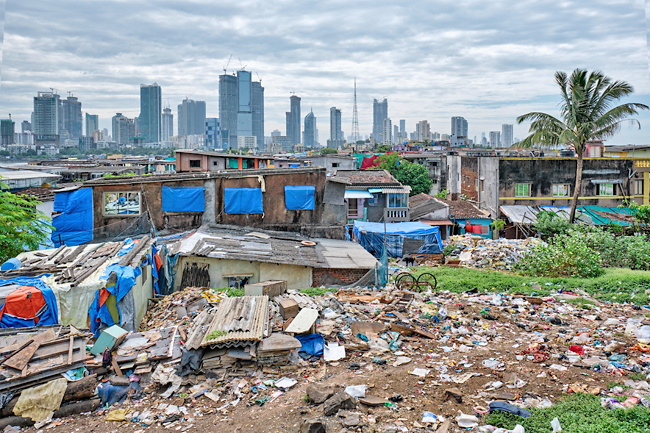AFP – A recent United Nations (UN) report revealed that poverty significantly increases the risk of mental illnesses such as depression and anxiety, with lower-income individuals up to three times more likely to be affected than their wealthier counterparts.
The report, titled The Burnout Economy: Poverty and Mental Health, was compiled by UN Special Rapporteur on Extreme Poverty and Human Rights Olivier De Schutter. It underscored how poverty and mental health are interconnected, creating a cycle that prevents individuals from escaping hardship.
Globally, more than 970 million people – 11 per cent of the population – suffer from mental health conditions, with 280 million experiencing depression and 301 million dealing with anxiety. Suicide claims around 700,000 lives annually, making it the fourth leading cause of death among individuals aged 15 to 29.
In countries within the Organisation for Economic Cooperation and Development (OECD), mental health issues account for a significant proportion of disability claims – up to 70 per cent among young adults. The report also notes that during the first year of the COVID-19 pandemic, the prevalence of mental illness surged by 25 per cent.
Mental health conditions incur a global economic loss of approximately USD1 trillion annually.
The report emphasised the substantial benefits of investing in mental health treatment, both for individuals and society.
The study warned that competitive, consumption-driven lifestyles in modern society pose a serious threat to mental well-being and calls for greater efforts to address the structural links between poverty and mental health.



